

El Clásico is the name given to any match between Real Madrid and FC Barcelona. It is contested twice a year in La Liga, and more often if the clubs meet in other competitions. Other than the UEFA Champions League Final, it is the most followed club football match in the world, watched by hundreds of millions of people.
The rivalry comes about as Madrid and Barcelona are the two largest cities in Spain, and the two clubs are two of the richest, most successful and influential football clubs in the world. Real Madrid leads the head to head results in competitive matches with 98 wins. Along with Athletic Bilbao, they are the only clubs in La Liga to have never been relegated. They are sometimes identified with opposing political positions, with Real Madrid viewed as representing Spanish nationalism and Barcelona viewed as representing Catalanism. The rivalry is regarded as one of the biggest in world football.
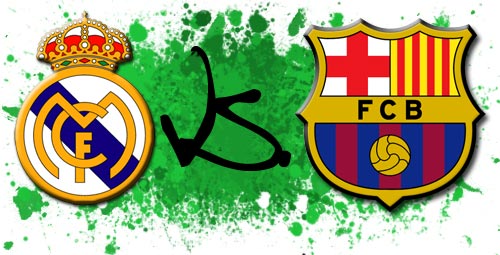
| Teams | Wins | Goals | Draws | Total |
|---|---|---|---|---|
|
Real Madrid
|
106 | 444 | 52 | 263 |
| 105 | 439 | 52 |
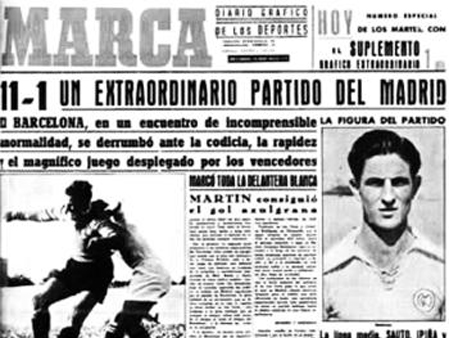
The challenge between Real Madrid and Barcelona has long been surpassed the sporting dimension, thus elections to these clubs presidency are strongly politicized. As early as the 1930s, Barcelona had developed a reputation as a symbol of Catalan pride and identity, opposed to the centralizing tendencies of Madrid. In 1936, when Francisco Franco started the golpe against the democratic Second Spanish Republic, the president of FC Barcelona, Josep Sunyol, member of the Republican Left of Catalonia and Deputy to The Cortes, was arrested and executed without trial by Franco's troops.
FC Barcelona was on top of the list of organizations to be purged by the National faction, just after communists, anarchists, and independentists. During the Franco dictatorship, most citizens of Barcelona were in strong opposition to the fascist-like regime. Phil Ball, the author of Morbo: The Story of Spanish Football, calls El Clasico "a re-enactment of the Spanish Civil War." A similar analogy was made by American author Robert Coover, which described the 1977 match between the "archrivals" FC Barcelona and Real Club Deportivo Espanol as "more like a reenactment of the Spanish Civil War than a mere athletic event."
Though the first socialist party in Spain was founded in Madrid, almost all the ideas that have shaped the country's modern history -republicanism, federalism, anarchism, syndicalism and communism- have been introduced via the region of Catalonia, of which Barcelona is the capital. During the dictatorships of Miguel Primo de Rivera and Francisco Franco, all regional languages and identities were frowned upon and restrained. In this period, FC Barcelona gained their motto més que un club (English: More than a club) because of its alleged connection to progressive beliefs and its representative role for Catalonia. During Franco's regime, however, the blaugrana team seemed to be granted profit due to its good relationship with the dictator at management level.
The links between senior Real Madrid representatives and the Franquist regime were undeniable; for most of the Catalans, Real Madrid was regarded as the establishment club, in spite of the fact that presidents of both clubs like Josep Sunyol and Rafael Sánchez Guerra, suffered in the Spanish Civil War. This image was further affected by the creation, in 1980, of the fascist-leaning Real Madrid hooligan group. FC Barcelona also had the creation of a radical hooligan far-right group, called "Boixos Nois", who have committed violent acts. For different but not contradictory reasons, for many people living in the rest of Spain, FC Barcelona considered as "the alternative pole to Real Madrid's conservatism".
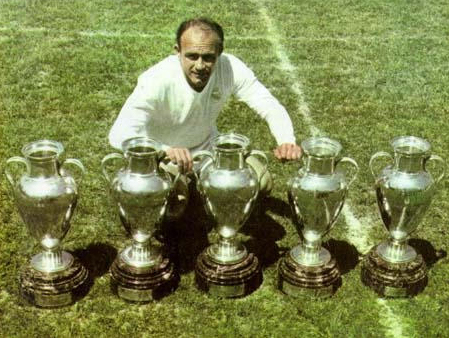
The rivalry was intensified during the 1950s when the clubs disputed the signing of Alfredo Di Stéfano. Di Stéfano had impressed both Barcelona and Real Madrid whilst playing for Club Deportivo Los Millonarios in Bogota, Colombia, during a players' strike in his native Argentina. Both Madrid and Barcelona attempted to sign him and, due to confusion that emerged from Di Stéfano moving to Millonarios from River Plate following the strike, both clubs claimed to own his registration. After intervention from FIFA representative Munoz Calero, it was decided that both Barcelona and Real Madrid had to share the player in alternate seasons. Barcelona's Franco-imposed president backed down after a few appearances, as Barcelona's side claimed, but Real say Barcelona's decision was voluntary and Di Stéfano moved definitively to Madrid.
Di Stéfano became integral in the subsequent success achieved by Madrid, scoring twice in his first game against Barcelona. With him, Madrid won the initial five European Champions Cup competitions. The 1960s saw the rivalry reach the European stage when they met twice at the European Cup, Real Madrid winning in 1960 and Barcelona winning in 1961.
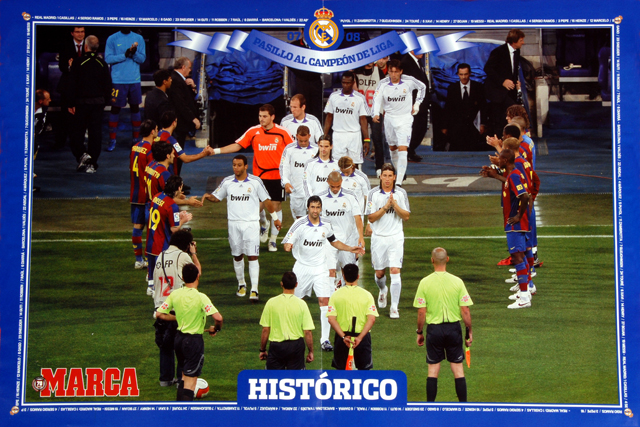
During the last three decades, the rivalry has been augmented by the modern Spanish tradition of the Pasillo, where one team is given the guard of honor by the other team, once the latter clinches the La Liga trophy before El Clásico takes place. This has happened in three occasions. First, during El Clásico that took place on April 30, 1988, where Real Madrid won the championship on the previous round. Then, three years later, when Barcelona won the championship two rounds before El Clásico on June 8, 1991. The last pasillo, and most recent, took place on May 7, 2008, and this time Real Madrid had won the championship.
The two teams met again in the UEFA Champions League semi-final in 2002, with Real Madrid winning 2-0 in Barcelona and a 1-1 draw in Madrid. The match, dubbed by Spanish media as the "Match of the Century," was watched by more than 500 million people. In the Clásico held on November 2005, Barcelona played away in Madrid, winning 3-0. The star of the Barcelona team was Ronaldinho, who became the second Barcelona player after Diego Maradona to receive a standing ovation from Real Madrid fans.
The rivalry has been strengthened over time by the internal transfer of players between the clubs. Barcelona players who have later played for Real Madrid include Bernd Schuster, who switched in 1988; and Michael Laudrup, who went to Real Madrid on a free transfer in 1994. The most notorious, however, was former vice-captain Luis Figo's switch in 2000. Players transferring from Real Madrid to Barcelona are less frequent, the most recent being Luis Enrique, who went to Barcelona in 1996 where he went on to captain Barcelona.



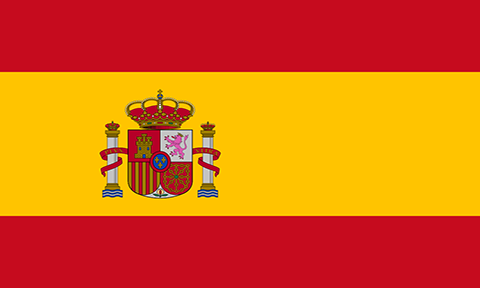
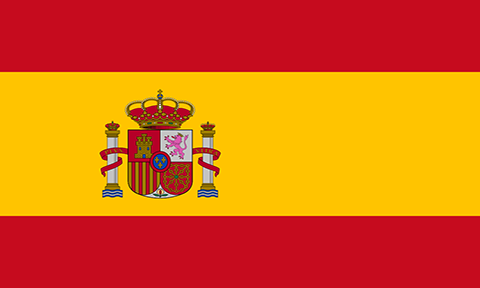
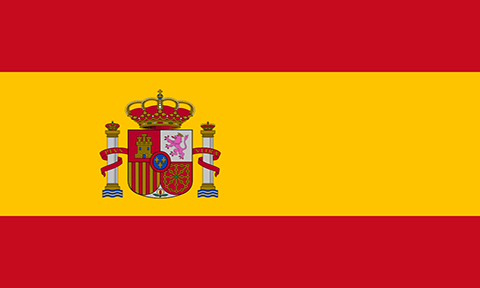

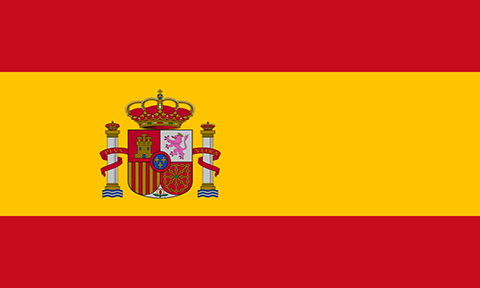
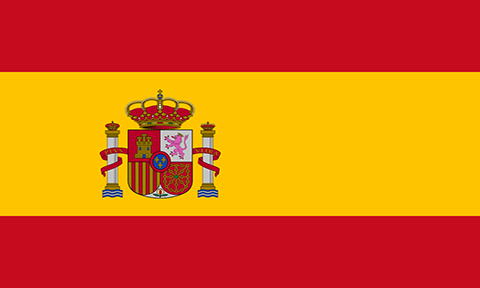
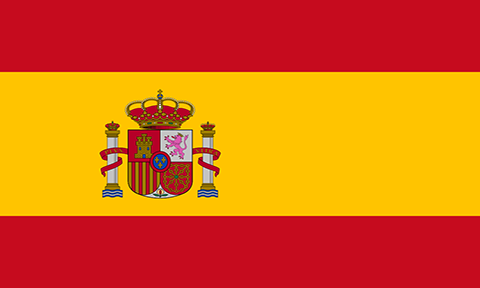
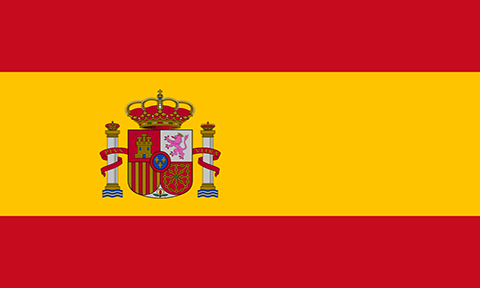
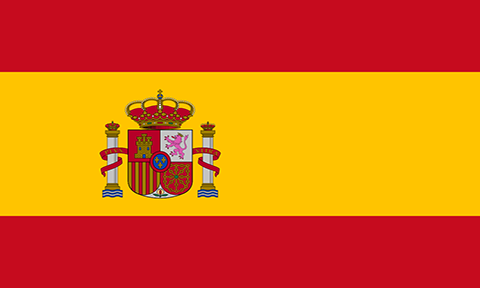
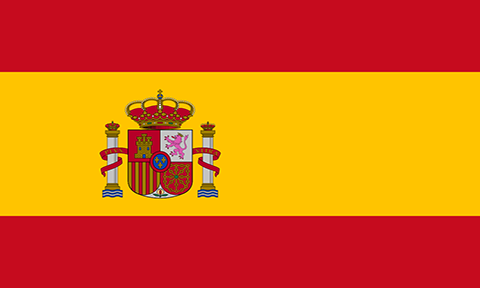
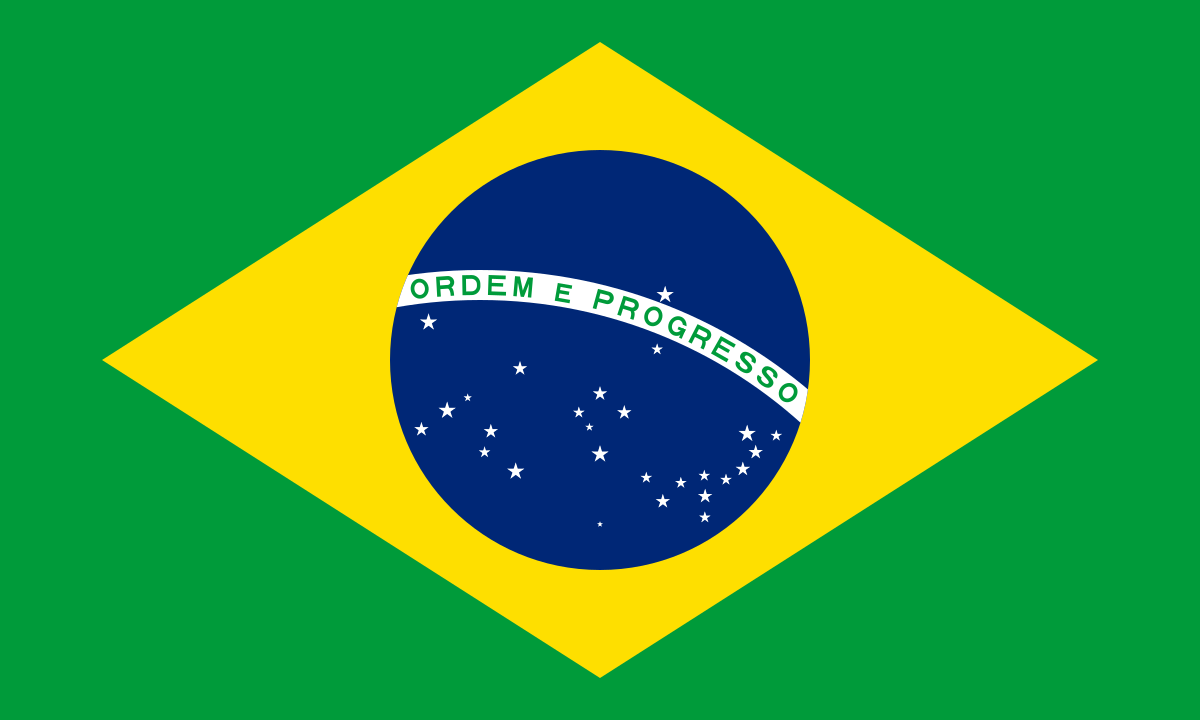

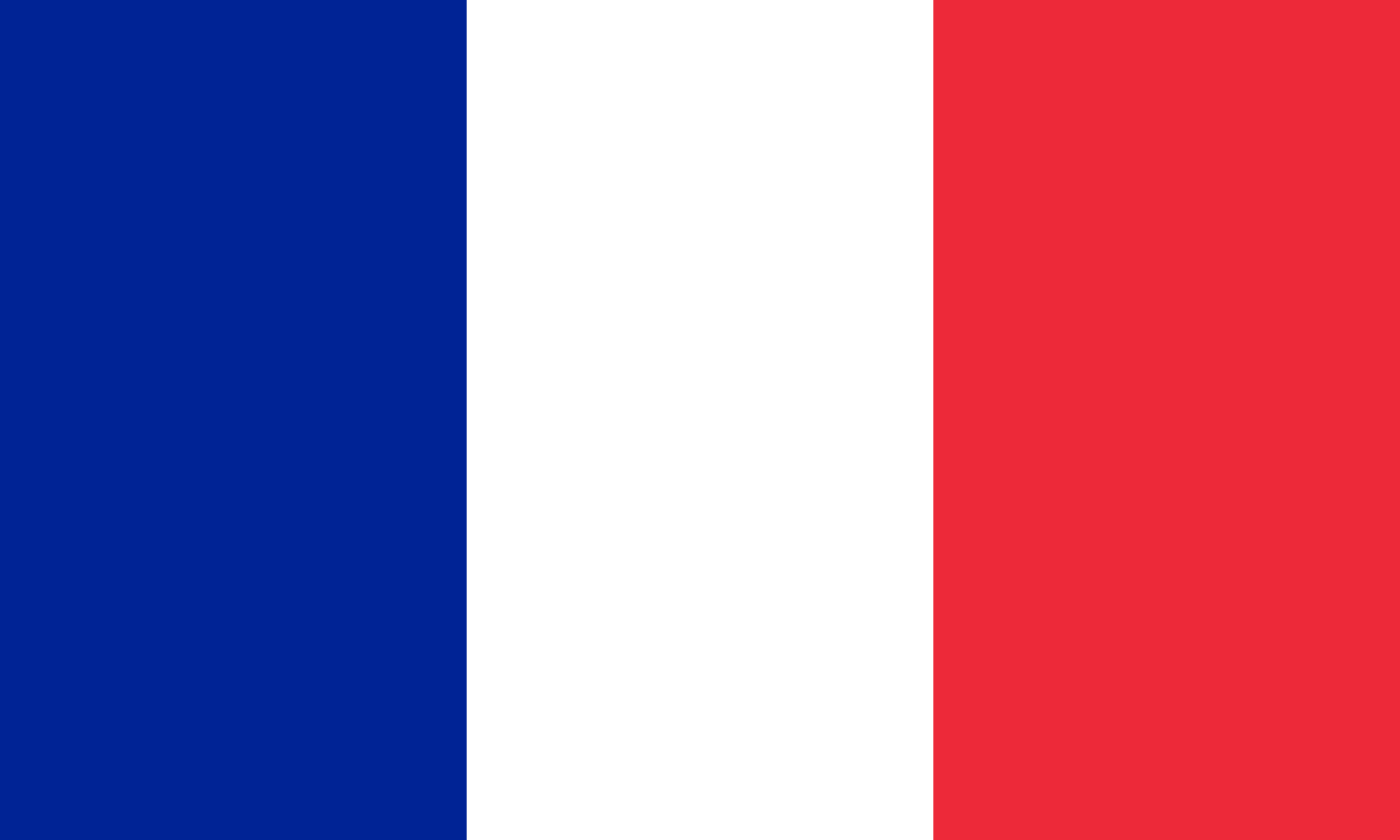
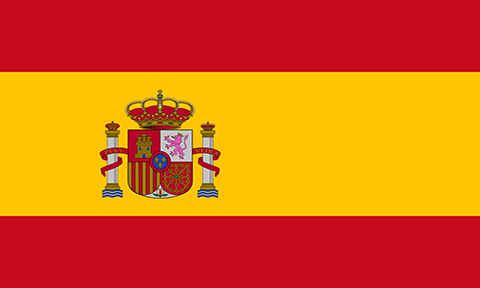
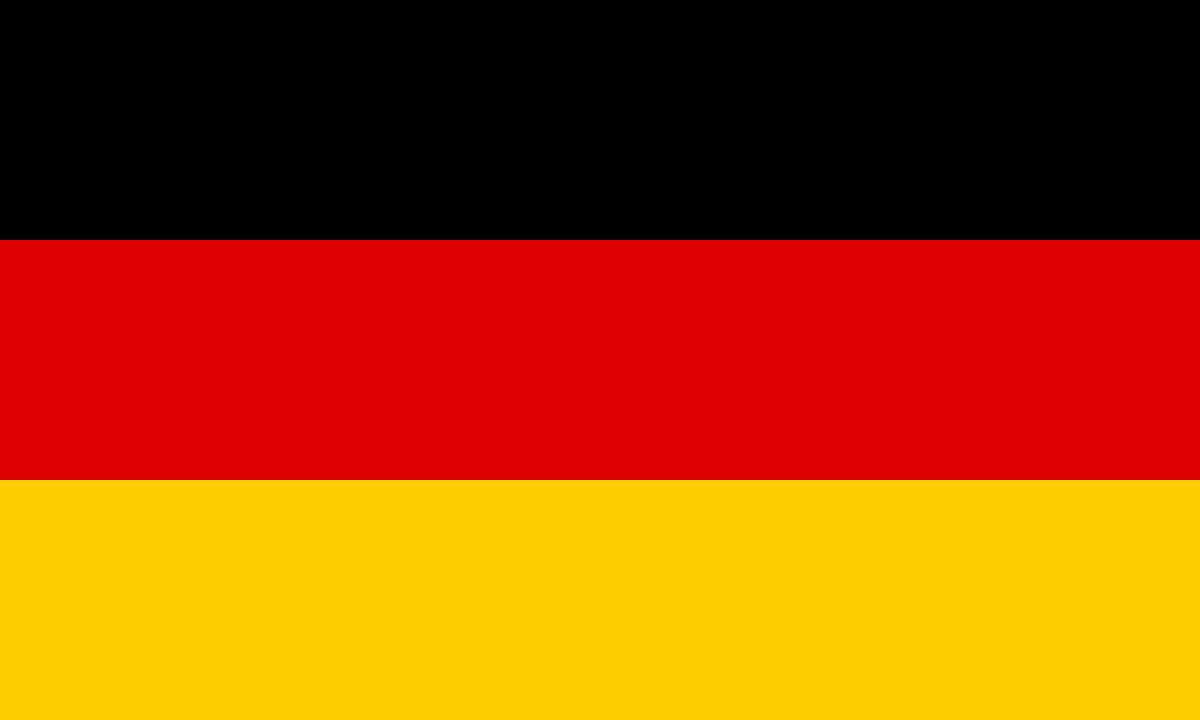
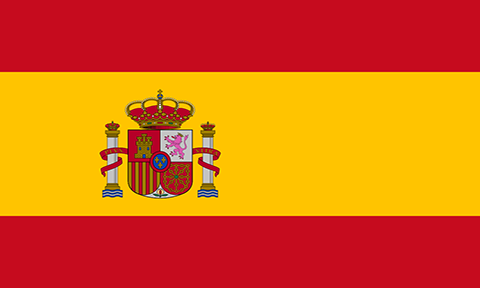
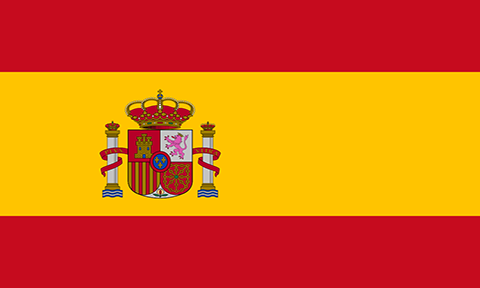
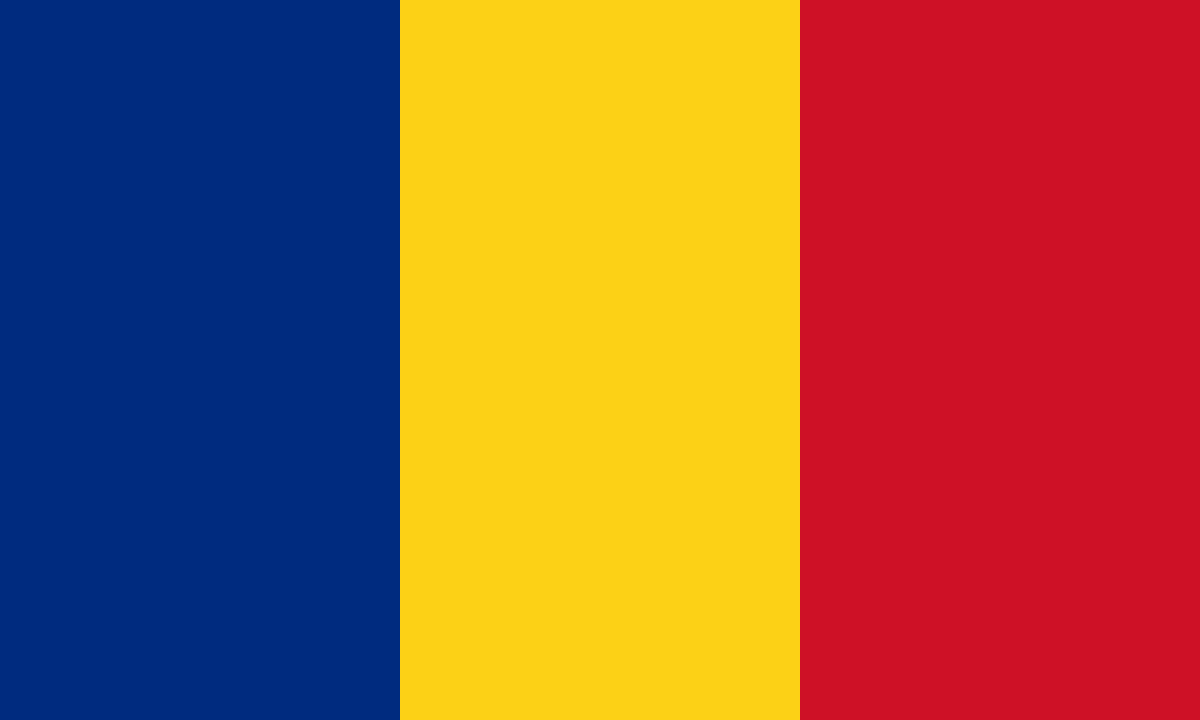
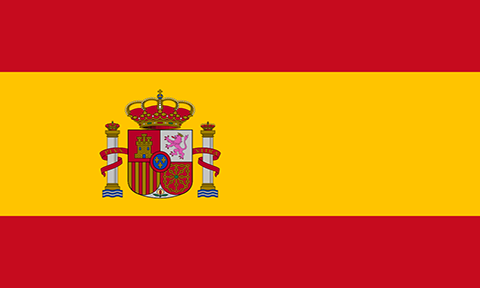

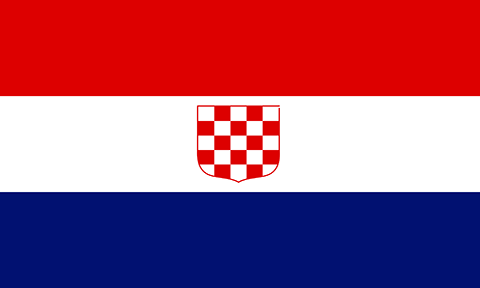
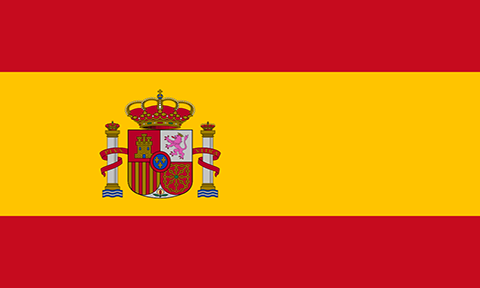
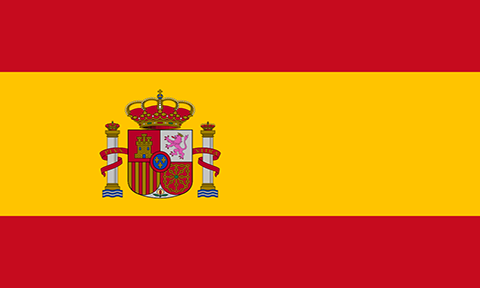
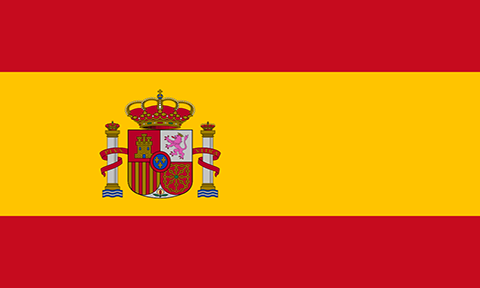
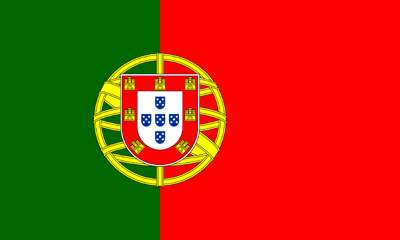
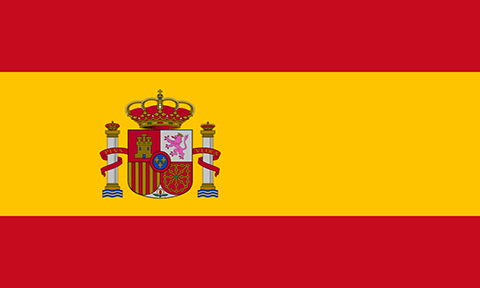
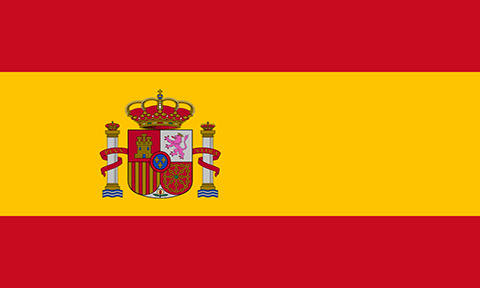
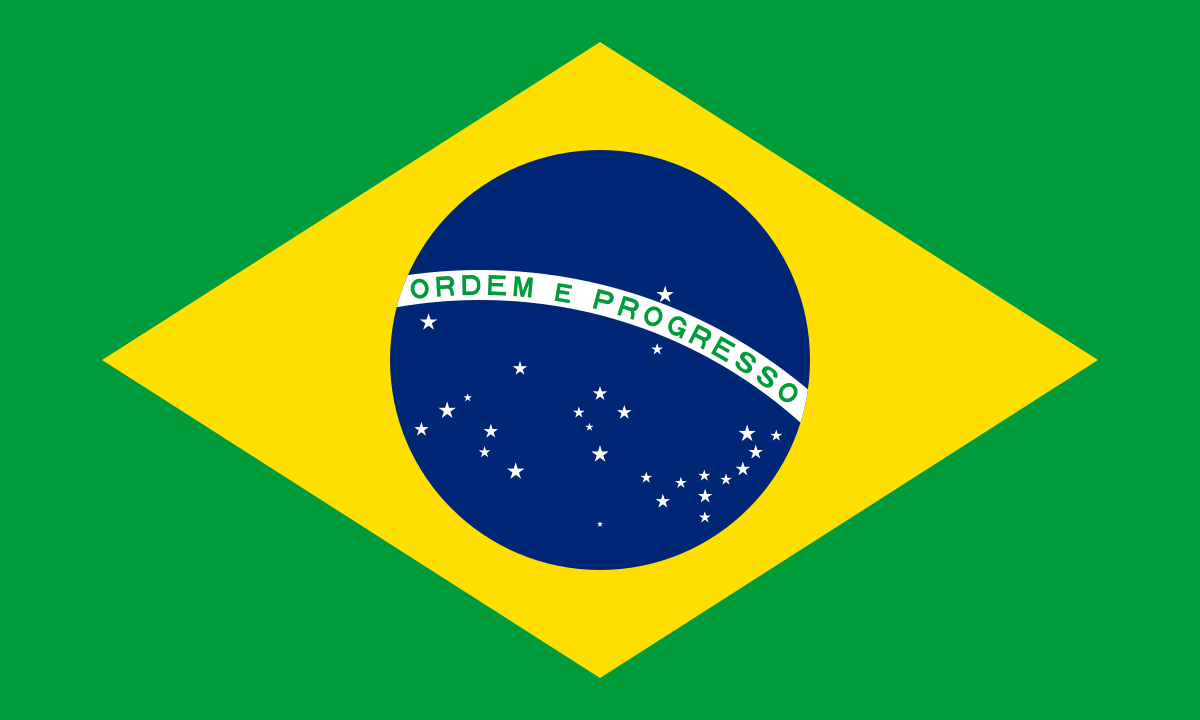
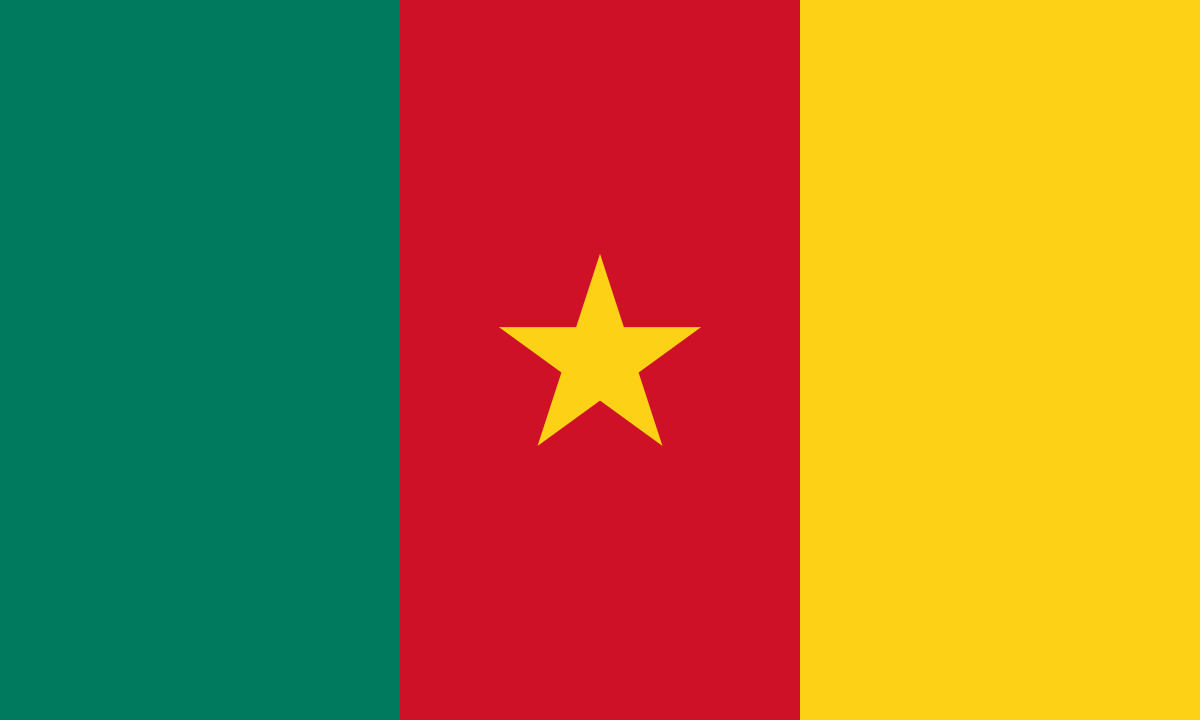
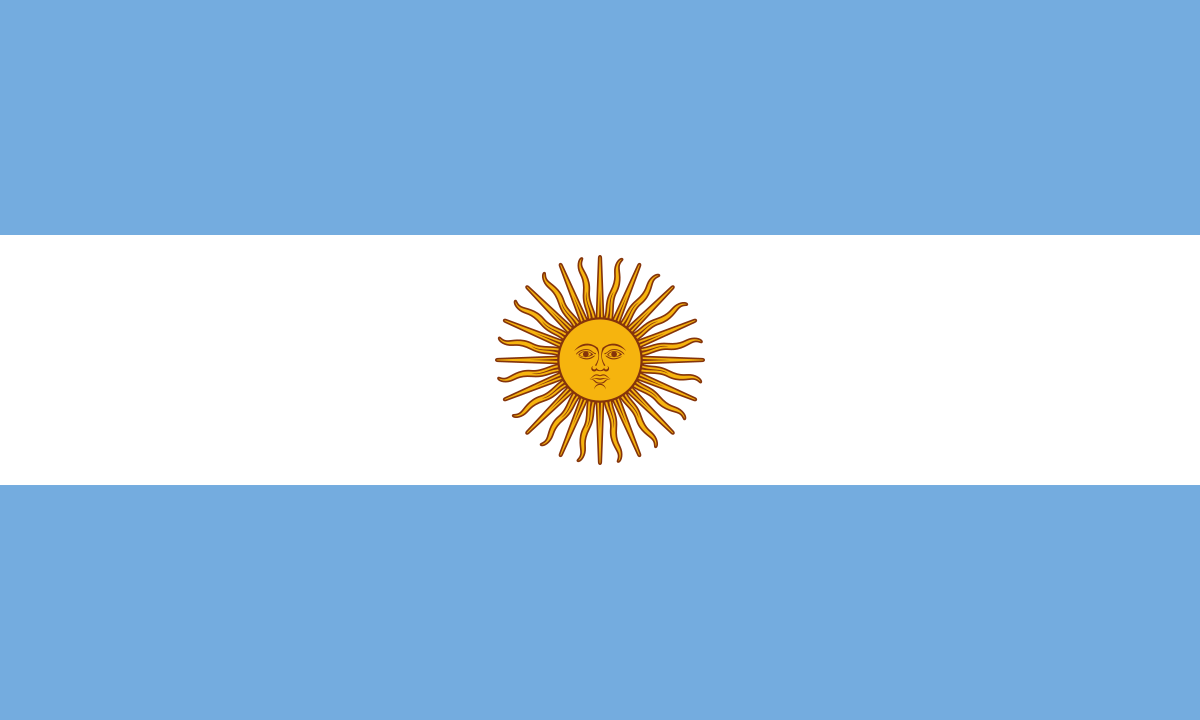
A 2007 survey by the Centro de Investigaciones Sociológicas determined that Real Madrid was the team with the largest following in Spain. Thirty-two percent of the Spanish population supported Real Madrid, while 25 percent supported Barcelona. In third place came Valencia CF, who were supported by five percent.
The rivalry intensified in 2011 where, due to the final of the Copa Del Rey and the meeting of the two in the UEFA Champions League, Barcelona and Real Madrid were scheduled to meet each other four times in 18 days. Several accusations of unsportsmanlike behavior from both teams and a war of words erupted throughout the fixtures which included four red cards. Spain coach Vicente del Bosque stated that he was “concerned” that due to the rising hatred between the two clubs, that this could cause friction in the national side.